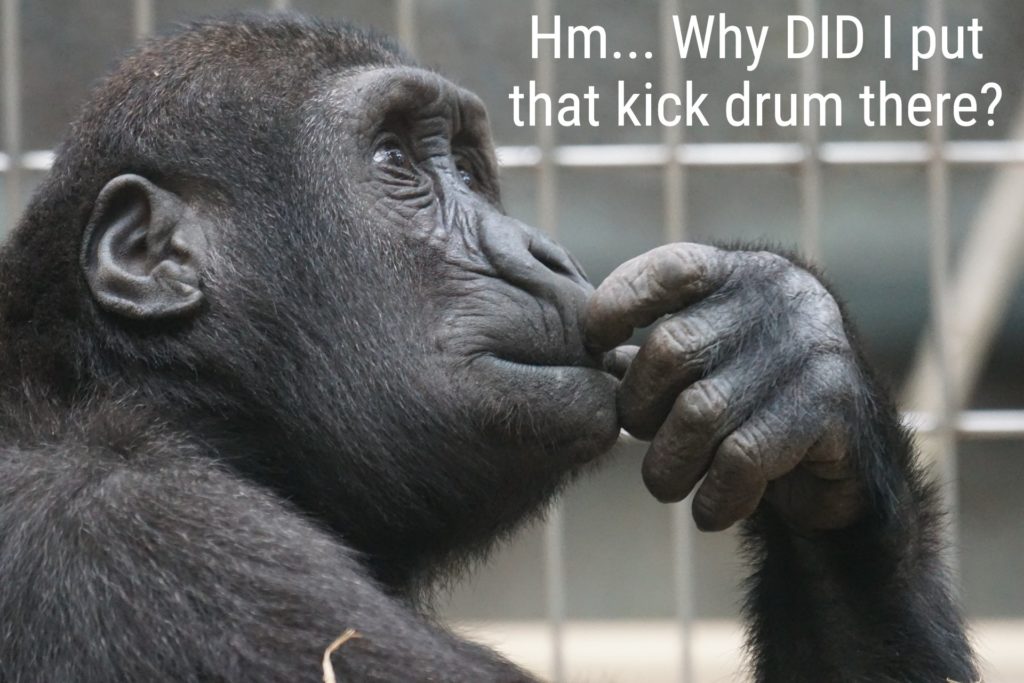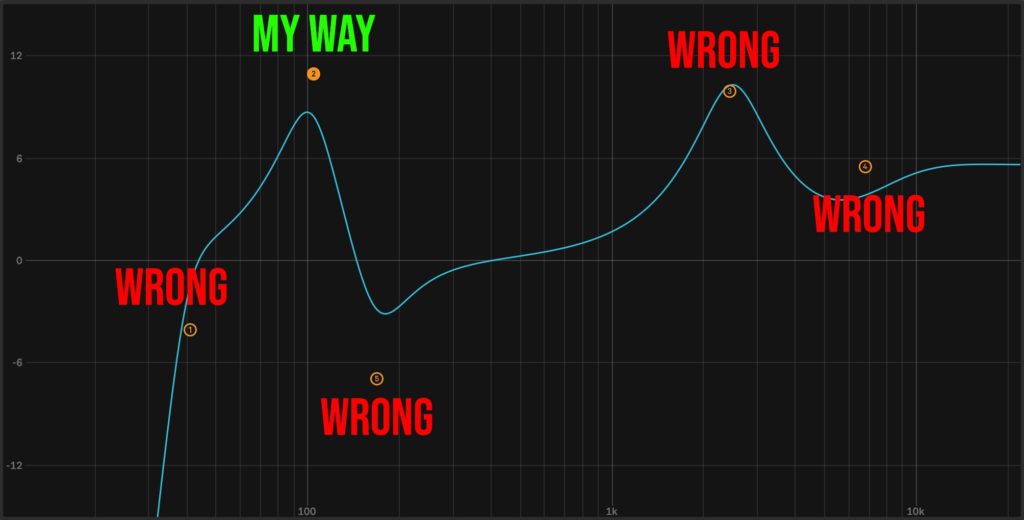I had my first real brush with street epistemology a week ago, on Anthony Magnabosco’s YouTube channel.
Most of the videos consist of him interviewing individuals on a variety of controversial topics, from the existence of God to karma, ghosts, political views, and so on.
Amazingly though, they don’t end (so far) with threats of violence. This is due to the unique way Anthony engages people, collaborating with them to explore how they know what they think they know.
And it got me thinking – can we turn this approach on itself to make us better composers? (Spoiler: Yes!)

Epistemology vs Street Epistemology
noun (PHILOSOPHY)
The theory of knowledge, especially with regard to its methods, validity, and scope. Epistemology is the investigation of what distinguishes justified belief from opinion.
We might call street epistemology ‘applied epistemology’. It’s the practice of engaging others using a variant of the Socratic Method, to explore the reasoning behind their beliefs.
The beauty of this approach is it turns what would normally be a shouting match into a gentle inquiry that can make your partner stop in their tracks.
By making the conversation about the reasoning process, rather than the belief itself, both partners can learn about how assumptions and other flawed thinking can ensnare us.

'Kay, so why do I care?
Hypothetical: You decide you want to become a music composer/engineer/whatever. You download or buy the necessary gear, and start learning how to create music.
Probably you began by observing others (enter Uncle YouTube), and emulating them to raise the quality of your sound. Why fix what ain’t broke, right?
As the new kid on the block, these presets and tested-and-true tips helped accelerate your learning. But here comes the million dollar question: At what point do presets start holding you back?

It’s easy to slip into always using the same plugins, same presets, same song structure, etc.
And without at least a little ongoing self-inquiry, we end up forgetting why we got so attached to those plugins in the first place.. And what their shortcomings are.
Epistemology is all about reflecting on and revising beliefs, but it doesn’t have to be applied to other people. Even Anthony ends up learning new things by earnestly listening to his interviewees.
Without this, you can start to believe there’s only one right way to do things. Even worse, you may start passing on your bias to others.

Street Epistemology counteracts this rut-building behaviour, by establishing what someone believes, then why they believe it, and finally how they know what they believe is true.
Applied to music, it might look like this:
- WHAT kind of sound/effect/arrangement/etc. are you trying to make?
- WHY are you making it this way – or at all?
- HOW did you arrive at the conclusion that your method is the best way?

Great Scott! What can I do?
Well for starters, ask yourself the questions above, taking any methodology you tend to use repeatedly as your WHAT. Do this as many times as you need to.
Depending on the answers you get, you may decide you need to change your approach. Try something crazy! Live a little, for God’s sake!
Sometimes, it’s helpful to flip a question on its head. For example, ‘are there any reasons why I shouldn’t put this sound here? What are the downsides of using this particular amp?’

Finally, if you’re fiercely loyal to a single mentor, try to remember that nobody knows everything. Nobody.
Listening to someone else from time to time isn’t betraying your coach, it’s rounding out your knowledge.
It goes without saying (but I’ll say it anyway), that this process won’t be very comfortable. Keep in mind though, that you control how fast you get into the pool. Start as slowly as you need to.
Credits:
‘A Drumstick over the Drum’ by Dima Pavlenko from Pexels
‘Close-up Photography of Black Gorilla’ by Pixabay on Pexels
‘Happy young Asian student doing homework and listening to music with earphones’ by by Zen Chung from Pexels
‘People Sitting on Black Chairs’ by cottonbro from Pexels
‘Woman Watching at Man Playing Guitar’ by ANTHONY SHKRABA production from Pexels

